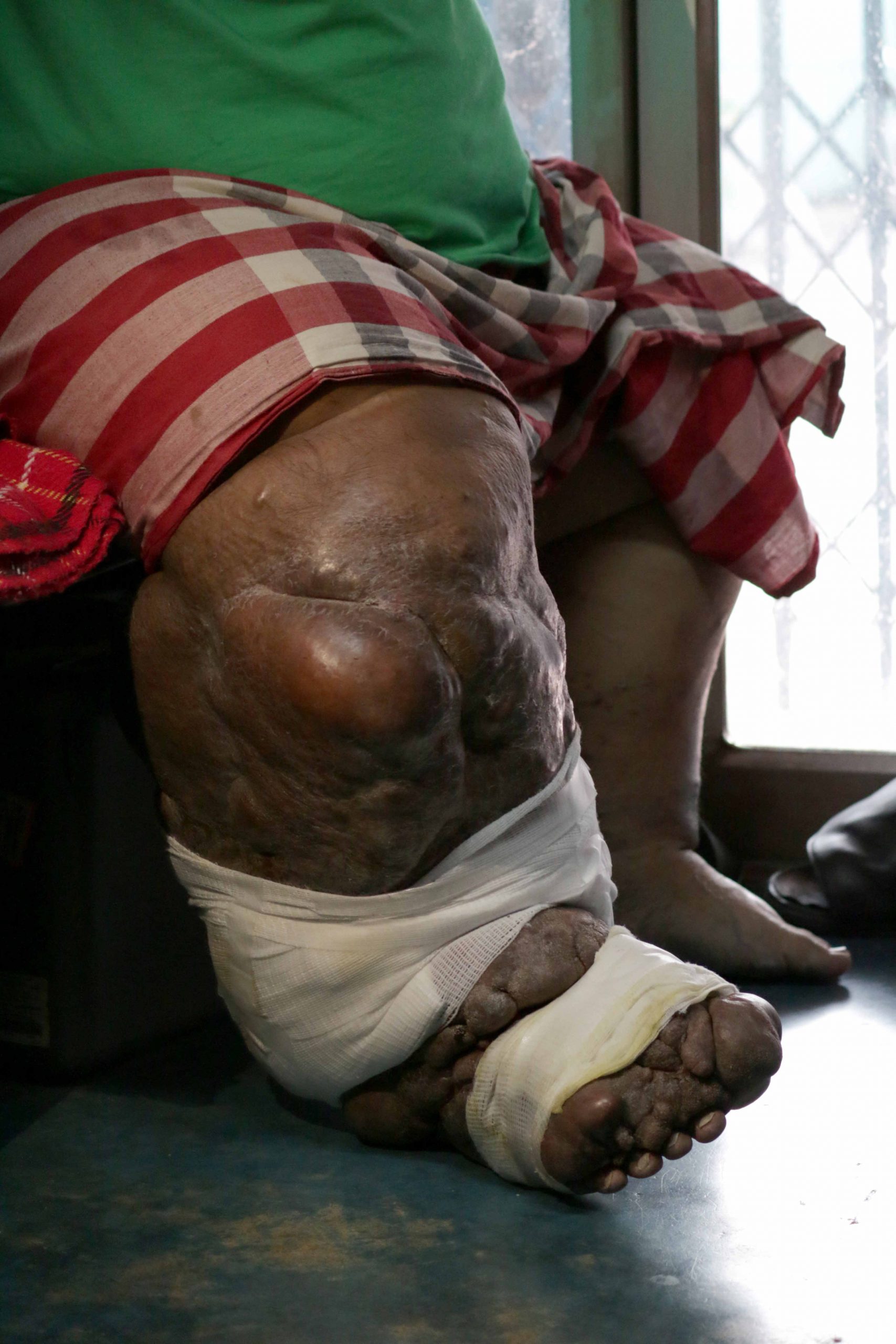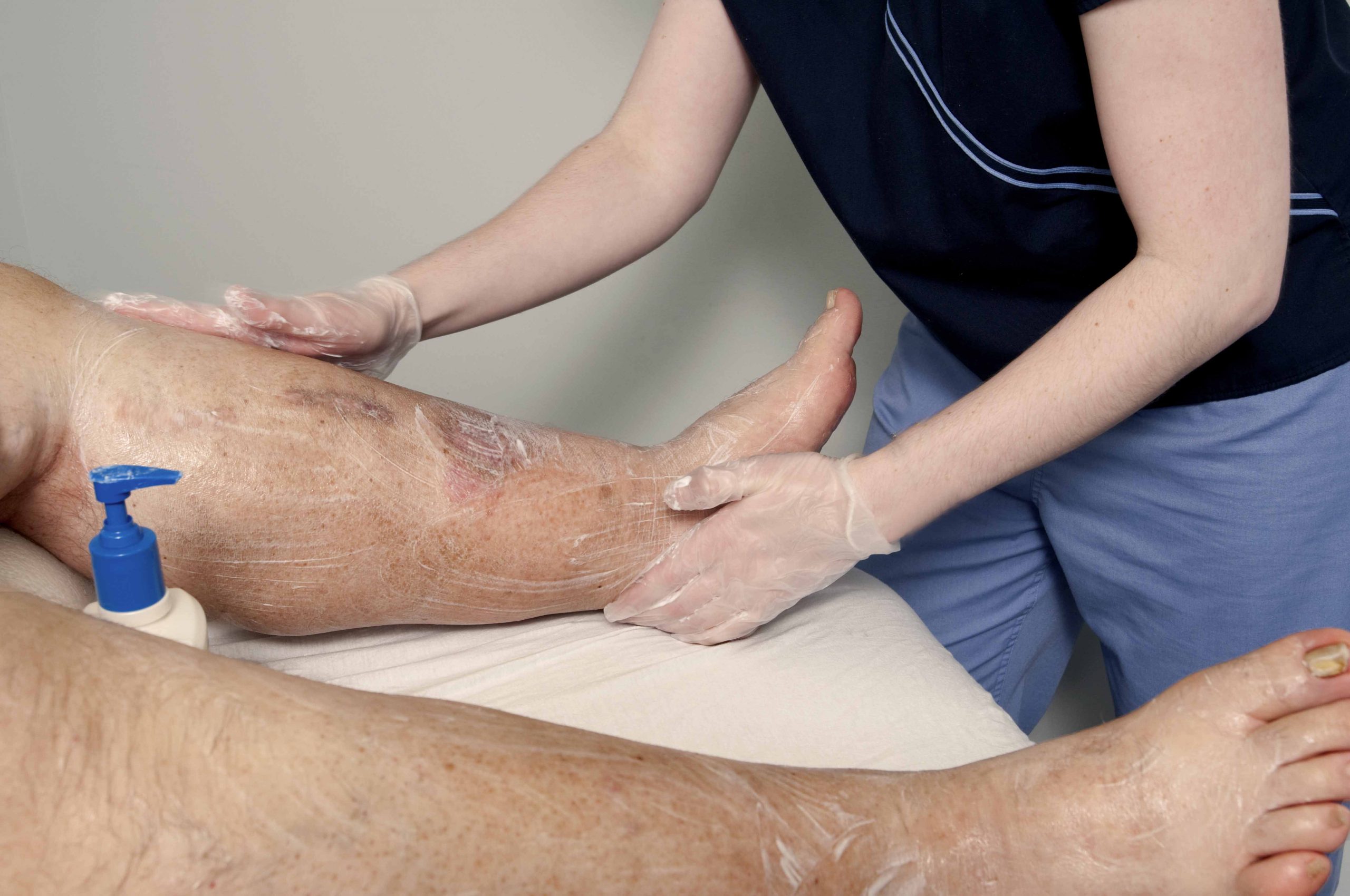Do you know enough about Lymphedema Treatment?
Lymphedema refers to a swelling that takes place in your arms or your legs. In some cases, you may experience swelling in both arms and legs simultaneously. Presently, medical science has no complete cure for lymphedema, but if detected early, an appropriate lymphedema treatment can curb its growth. Here is more on this discussion.
What is lymphedema?
Lymphedema is a long-term condition, wherein your tissue collects excess of fluids, which causes them to swell. Experts often associate it with lymphatic obstruction in medical science.
The lymphatic system is one of the vital systems of every human body responsible for playing a pivotal role in immune function. A fluid called lymph keeps on circulating throughout your lymphatic system. When there is a blockage in your lymphatic system, you are susceptible to lymphedema. Here are some vital facts about this medical condition.
Find a Plastic Surgeon in Your Area
Find Top Surgeons in India by Procedure
Find the Cost of a Procedure
According to the experts, primary lymphedema is the result of genetic mutation.
Secondary lymphedema is the output of infections and associated inflammatory disorders.
In some individuals, lymphedema may contribute to skin infections or lymphangitis.

What are the symptoms associated with the onset of lymphedema?
Lymphedema closely associates with the following signs and symptoms:
Swelling of one arm or leg or both inclusive of your toes and fingers
Heaviness or tight sensation
Restricted motion
Discomfort leading to aching
Recurring infections caused by hardening and thickening of your dermal layer
Other symptoms may include:
A sense of warmth, or redness or itchy skin
Tingling or burning sensation
Fever accompanied by chills
A decrease in the flexible movement of joints
Skin Rashes
Overview of the causes of lymphedema
Some cancer survivors are more likely to become the easiest targets of lymphedema. This cancer surviving cluster is inclusive of survivors of breast cancers, melanomas, gynecologic cancers, and so on. As it keeps on disturbing the routine of cancer survivors, it continues to remind them about the deadliest disease that they have fought bravely.
Methods for diagnosing lymphedema
Before suggesting you about different surgical options, your doctor shall diagnose your medical conditions to find out the root cause of lymphedema. Some of the diagnosis steps include as below:
1. CT or MRI scans
Help your surgeon to get a close definition of your lymph node architecture. This close picture of your lymph node further assists in the identification of tumors or other forms of abnormalities associated with it.
2. Lymphoscintigraphy test
It involves administering a tracer dye injection into your lymph vessels followed by an observation of the lymph fluid. Surgeons usually do this with the aid of imaging technologies and the tracing dye. The tracing dye helps in easy identification of any forms of blockages that are likely to obstruct the free flow of your lymph fluid.
3. Ultrasound scanning
Based on the Doppler effect, this test employs the use of sound waves for detecting and evaluating whether the blood flows freely through your lymph vessels. It also helps in the identification of vein blood clots, medically referred to as deep venous thrombosis. The result of this deep venous thrombosis is a sudden swelling in your limb region.

Suggestions by Surgeons on Lymphedema Treatment options
The standard surgical process associated with lymphedema treatment is inclusive of Lymphatic Bypass Procedure. Under this surgery, your lymphatic vessels shall remain in connection and drain themselves into the body’s venous system. This process involves Vascularized Lymph Node Transfer. Under this transfer, your doctor shall harvest lymph nodes from one region of your body and implant them into the targeted area. This helps in rebuilding the failed lymphatic system in that particular region.
Several other non-surgical options available for management of lymphedemas such as extremity elevations, elastic stockings, skin care, pneumatic compressions, and physical therapies.
Besides, there is a Complex Decongestive Therapy wherein your doctor provides you a daily training and treatment session. This initial intensive training and treatment phase succeeds with a maintenance phase.
Complex Decongestive Treatment has four underlying components:
Remedial exercising: Remedial exercises are light, which encourages your lymph fluid movement out of your limb.
Skincare: Your doctor may suggest you to take adequate skin care to avoid the risks associated with other forms of skin infections such as cellulitis.
Manual Lymphatic Drainage: This process involves special massage techniques for circulating lymph fluid into your functional lymph system, especially in those areas where it appears drained. Here, your doctors shall recommend some post-treatment massage options for maintenance phase.
Multilayer Lymphedema Bandaging: This process involves wrapping over of your muscles. It surrounds your lymph vessels and nodes for facilitating fluid movement throughout the lymphatic system.
Wrapping up
Your arms or legs are important parts of your body and any problem in these organs would cause problems in your usual functioning and in performing daily activities. The medical science refers this condition as Lymphedema and offers valuable treatments to cure it. Surgery options like Lymphatic Bypass Procedure, Complex Decongestive Therapy, etc. are instrumental in this regard. Visiting an experienced surgeon can help you know about this problem and the probable treatment the better way. You can undergo the suggested surgery accordingly and control the damage to as much as possible at the earnest.


